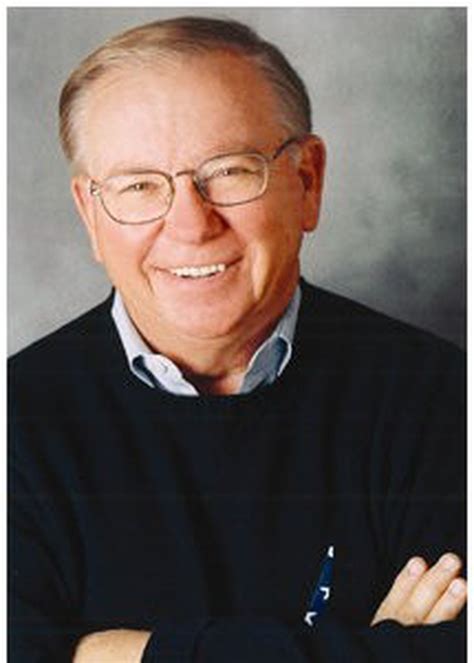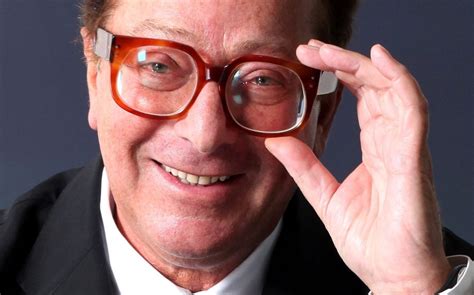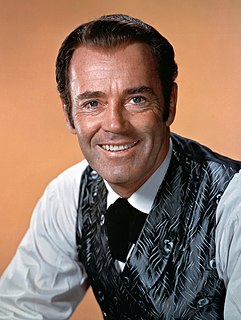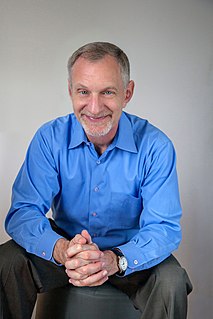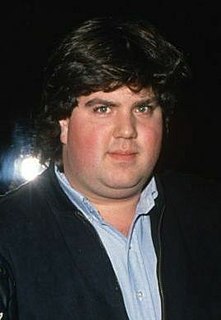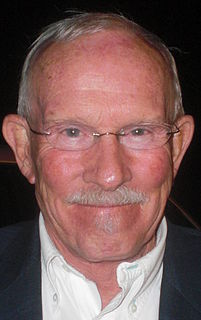A Quote by Annette Bening
When I watch my kids, and I see the primal level at which the sibling relationships are formed, then I completely understand what these unresolved adult sibling problems are based on. You know, 'Mom liked you better' and, 'You got your own room and I didn't.'
Related Quotes
When you learn conflict-resolution skills in the playroom, you then practice them on the playground, and that in turn stays with you. If you have a combative sibling or a physically intimidating, older sibling, you learn a lot about how to deal with situations like that later in life. If you're an older sibling and you have a younger sibling who needs mentoring or is afraid of the dark, you develop nurturing and empathic skills that you wouldn't otherwise have.
I have a sister, so I know-that relationship, it's all about fairness: you want your sibling to have exactly what you have-the same amount of toys, the same number of meatballs on your spaghetti, the same share of love. But being a mother is completely different. You want your child to have more than you ever did. You want to build a fire underneath her and watch her soar. It's bigger than words.
I've always had this interest in sibling relationships because I don't have any siblings. I'm completely a product of the one-child policy in China, so I always kind of wished that I had an older brother or a younger brother or sister just to have that bond, so I find myself constantly writing about that relationship.




